Date: 28 August 2015
The application of refractories plays an important role in the glass industry, not only affecting the production efficiency and the quality of the glass, but also the service life of the glass furnace. When selecting refractories for the glass furnace, the following factors should be taken into consideration: The service life of the glass furnace. The quality requirement of the glass. Production capacity and the selection of the melting rate and the melting temperature Insulation conditions, say which areas need to masonry insulation materials in order to save energy. Economic benefits and the invest. Refractories should have a high softening temperature under load, high melting temperature and high refractoriness (>1580℃). Refractories should have sufficient mechanical strength to resist impact, friction, high temperature, flame, erosion of dust and other mechanical factors. Refractories should have high structural strength and can withstand long-term mechanical loads at operating temperature. Refractories should have good resistance to the components of the batch materials, molten glass and gaseous substances. Refractories should produce minimum contamination to the glass. Refractories should have good thermal shock resistance. Refractories should have stable volume at high temperature and the residual expansion and contraction should be small. Heat capacity, thermal expansion coefficient, thermal conductivity and other thermal properties should meet the requirements. Refractories should have neat appearance and accurate shape and size. Meet other requirements of the operating environment, say the electrical requirement of the electrode blocks. Selecting refractories should depend on the actual situation of the glass furnace, the campaign life and the costs to ensure the balance of the economic benefits and the service life of the glass furnace.
The application of refractories plays an important role in the glass industry, not only affecting the production efficiency and the quality of the glass, but also the service life of the glass furnace.
When selecting refractories for the glass furnace, the following factors should be taken into consideration:
- The service life of the glass furnace.
- The quality requirement of the glass.
- Production capacity and the selection of the melting rate and the melting temperature
- Insulation conditions, say which areas need to masonry insulation materials in order to save energy.
- Economic benefits and the invest.
- Refractories should have a high softening temperature under load, high melting temperature and high refractoriness (>1580℃).
- Refractories should have sufficient mechanical strength to resist impact, friction, high temperature, flame, erosion of dust and other mechanical factors.
- Refractories should have high structural strength and can withstand long-term mechanical loads at operating temperature.
- Refractories should have good resistance to the components of the batch materials, molten glass and gaseous substances.
- Refractories should produce minimum contamination to the glass.
- Refractories should have good thermal shock resistance.
- Refractories should have stable volume at high temperature and the residual expansion and contraction should be small.
- Heat capacity, thermal expansion coefficient, thermal conductivity and other thermal properties should meet the requirements.
- Refractories should have neat appearance and accurate shape and size.
- Meet other requirements of the operating environment, say the electrical requirement of the electrode blocks.
Selecting refractories should depend on the actual situation of the glass furnace, the campaign life and the costs to ensure the balance of the economic benefits and the service life of the glass furnace.
www.fusedazs.com
2015-08-28T13:00:00
15 Factors To Consider When Selecting Refractories For The Glass Furnace
glassonweb.com 
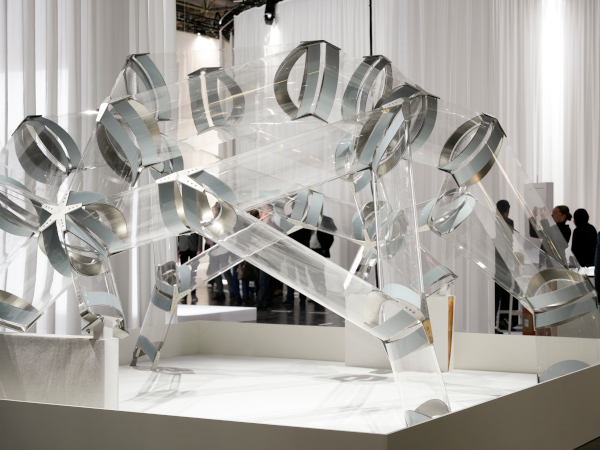

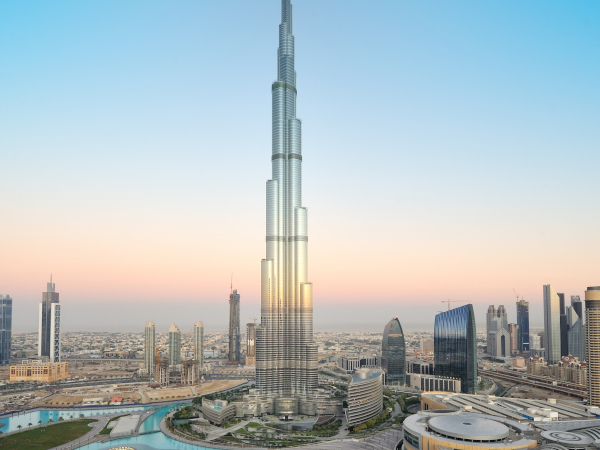
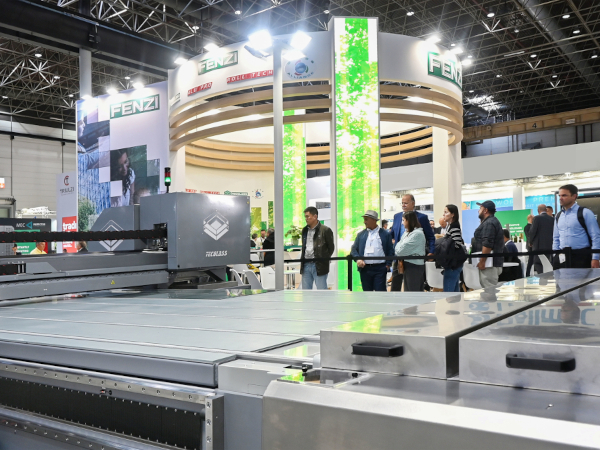
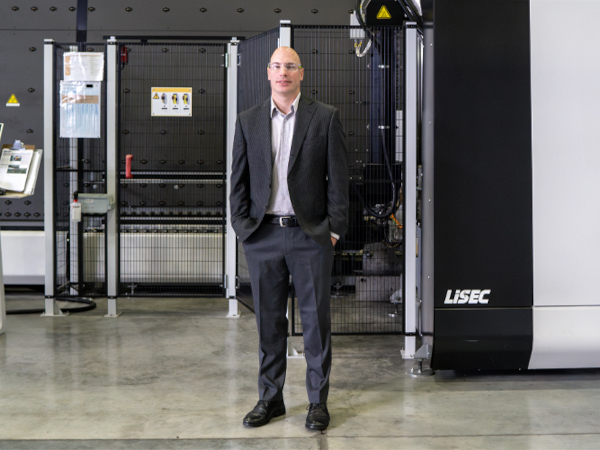
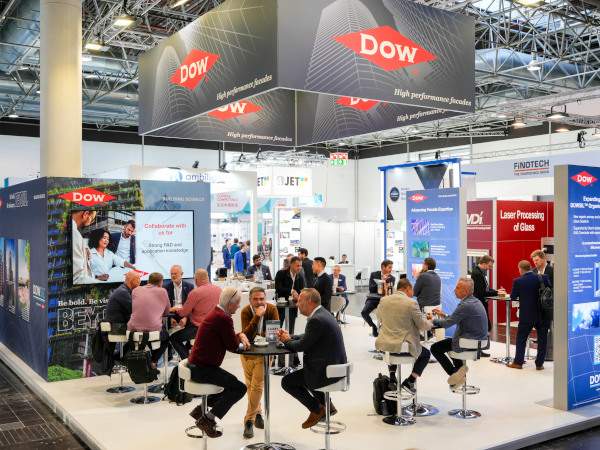
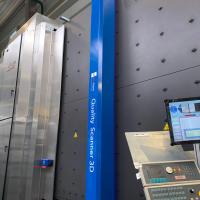
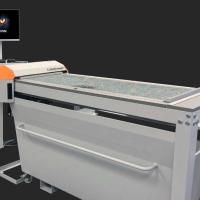
Add new comment